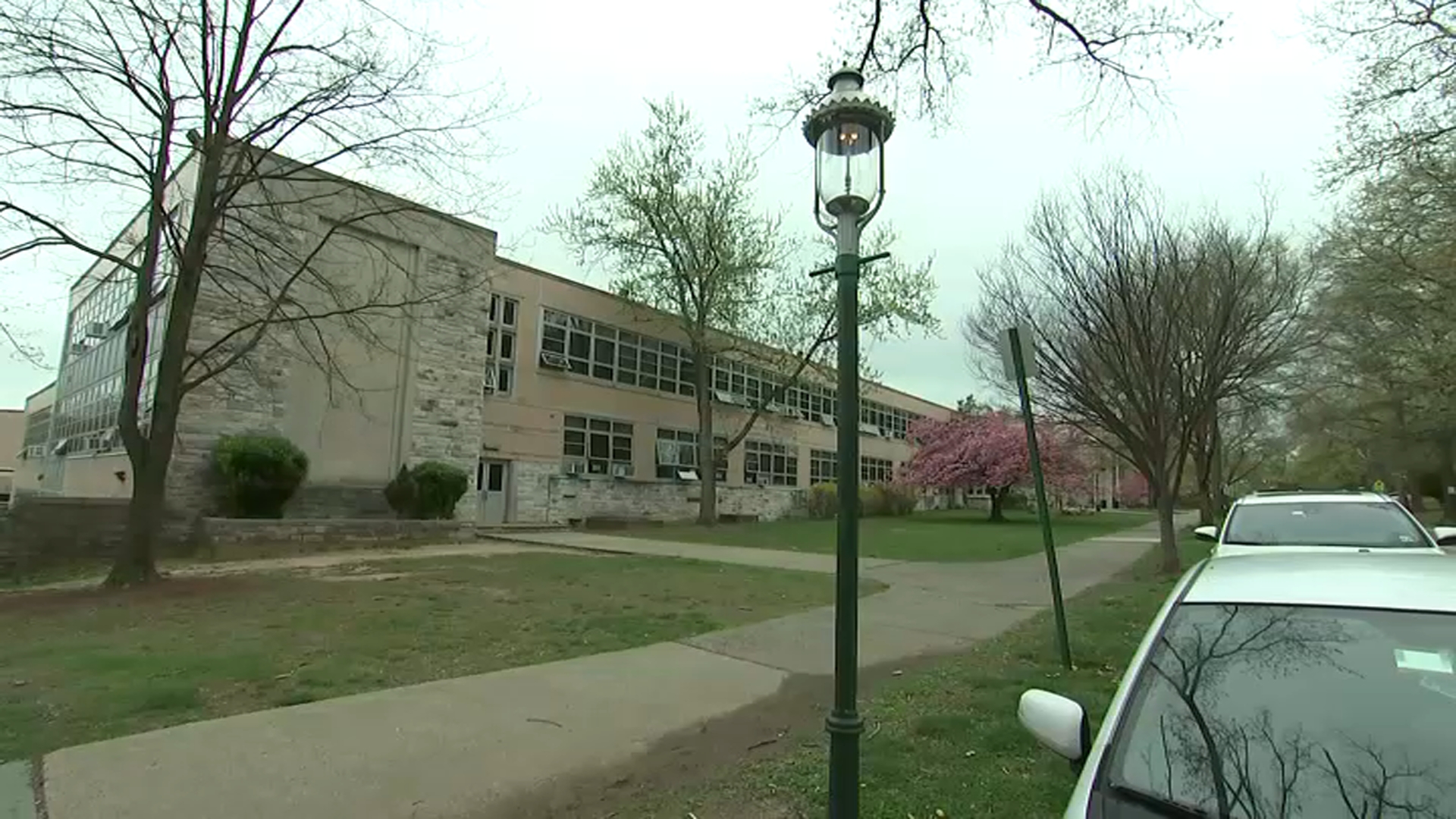
What to Know
- Most of the respondents to a survey conducted by an advocacy group have experienced sexual harassment while working in New Jersey politics, according to the results published Thursday.
- The New Jersey Coalition Against Sexual Assault published its findings from an online January survey in a 44-page report on Thursday.
- The survey included responses from 508 people across a spectrum of political jobs, including campaign staffers, partisan political operatives, staff members for elected officials, lobbyists and elected officials themselves.
Most of the respondents to a survey conducted by an advocacy group have experienced sexual harassment while working in New Jersey politics, according to the results published Thursday.
The New Jersey Coalition Against Sexual Assault published its findings from an online January survey in a 44-page report on Thursday.
The survey and report stemmed in part from NJ.com reporting in December that cited dozens of instances of misconduct, including groping, unwanted advances and even assault. The news coverage then led to a committee chaired by prominent lawmakers and public figures aimed at addressing a culture of sexual misconduct.
The survey included responses from 508 people across a spectrum of political jobs, including campaign staffers, partisan political operatives, staff members for elected officials, lobbyists and elected officials themselves.
The survey was financed by private grants, and the responses were given anonymously. They paint an uncomfortable — and sometimes bleak — picture, particularly for women in political life. Some respondents said male colleagues crassly pointed out physical attributes of other women; others said they were demeaned; still others said the behavior amounted to a culture of exclusion of women by men.
“It’s not all big stuff, it’s the constant parade of minor comments, small lower back touches, felt on the aggregate,” said one respondent, according to the report. Added another: “It’s the whole culture, it’s the boy’s club, it’s constantly feeling excluded.”
News
The report also found that most respondents told a friend or family member or a colleague about misconduct they experienced.
“This is reflective of what we know to be true – overwhelmingly, survivors will choose to confide in those close to them and not necessarily make a report through a ‘formal’ channel,” the report said.
Another key finding showed that just 23% of respondents knew where to file reports within their organizations of misconduct.
Patricia Teffenhart, the executive director of the coalition that authored the report, called the behavior unacceptable and said it’s time to change it.
“This report lays bare that we have a major issue with misogyny and harassment in New Jersey government and politics,” she said.
The report calls for increasing access to training and education on sexual misconduct.



